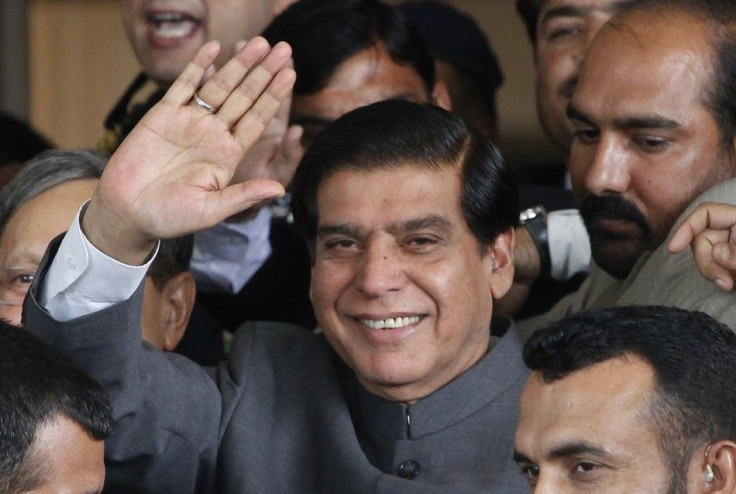Pakistan’s Government Becomes The First In Its History To Complete A Full Term

Pakistan’s government made history Saturday by becoming the first democratically elected government to complete a full five-year-parliamentary term.
An interim government will now be installed until the next election, which is expected in May.
Prime Minister Raja Pervez Ashraf, who will continue in his office until a caretaker takes over to oversee the elections, hailed the completion of the term as a “victory” for democracy in the country as well as for his Pakistan People’s Party.
“Democracy is now so strong that nobody will stage an ambush against it,” Ashraf, who has been in office only for nine months after the Supreme Court disqualified his predecessor Yousuf Raza Gilani for a contempt-of-court conviction, said during a televised address to the nation, as reported by Pakistan’s Dawn newspaper.
“We have strengthened the foundations of democracy to such an extent that no one will be able to harm democracy in future,” Ashraf said.
The term of the National Assembly, elected in a 2008 vote that ended nine years of military-led rule under Gen. Pervez Musharraf, began March 17, 2008, though the coalition government headed by Gilani took office eight days later, March 25.
The parliamentary terms ends at a time when the government has come under fire for security lapses and for failing to protect the nation’s Shiite minority from attacks by Sunni militants.
According to Human Rights Watch, more than 400 Shiites were killed in Pakistan last year. A series of deadly bombings rocked the western city of Quetta earlier this year targeting the Hazara ethnic group, who are Shiite. The Hazaras blame the Pakistani government for negligence in acting against Sunni extremism to contain the violence.
The government’s most remarkable accomplishments in the past five years have involved changing the political power structure, rather than dealing with problems faced by the citizens, the Associated Press reported, quoting political analysts.
The prime minister admitted that his Pakistan People's Party may not have been "able to provide rivers of milk and honey,” but it had tried its best to alleviate the country's problems.
© Copyright IBTimes 2025. All rights reserved.






















